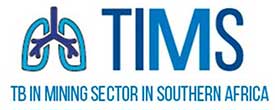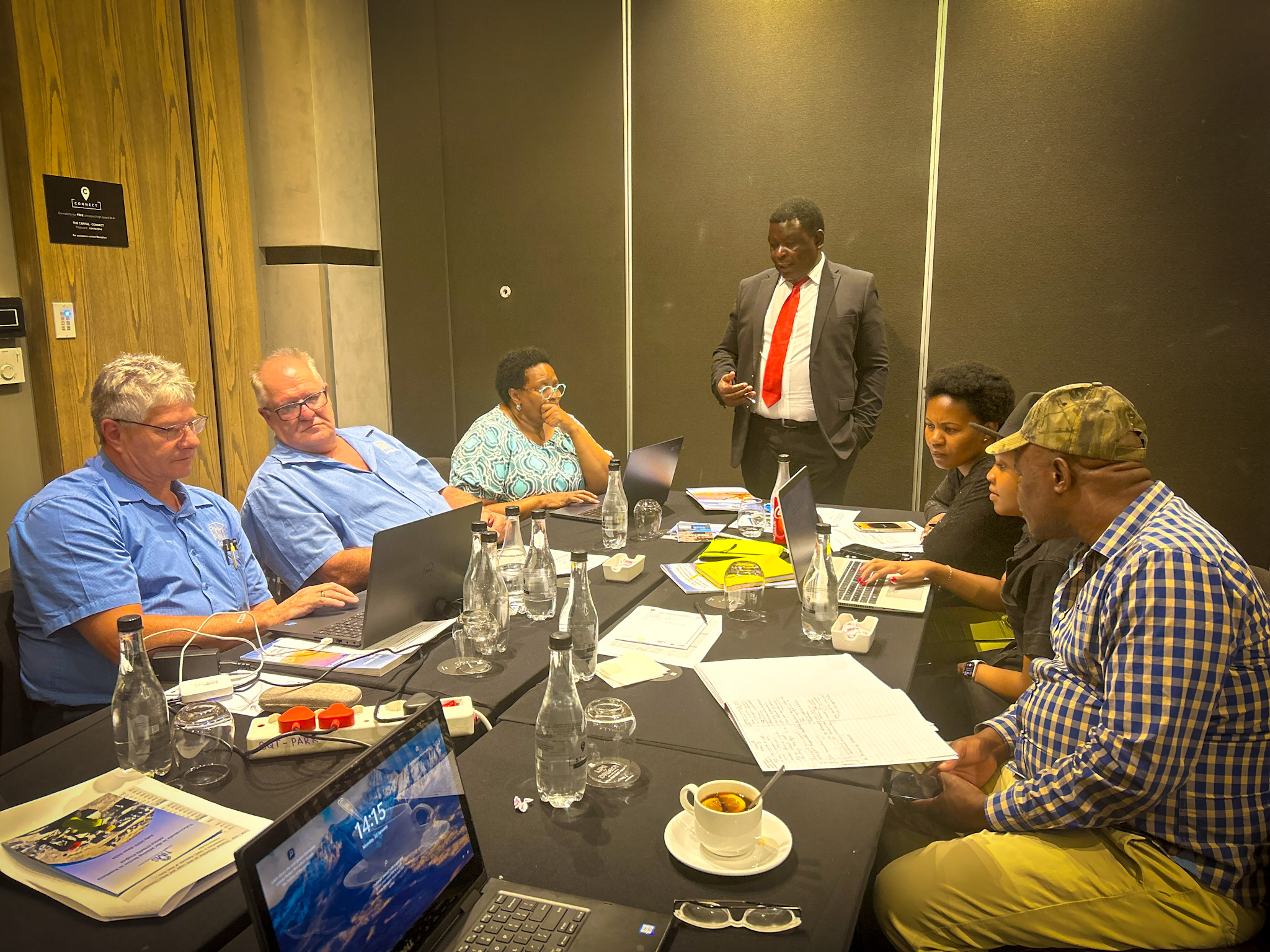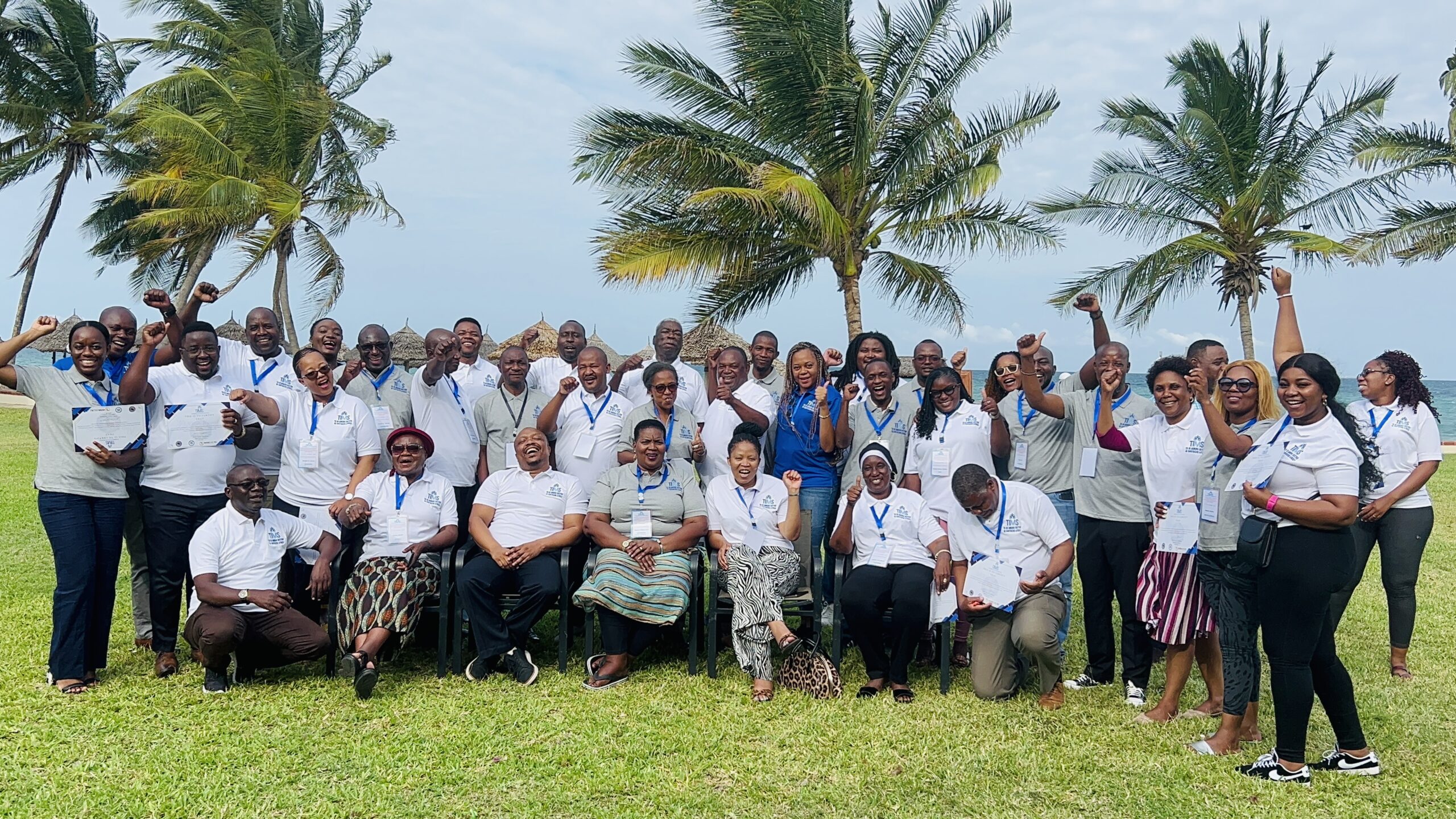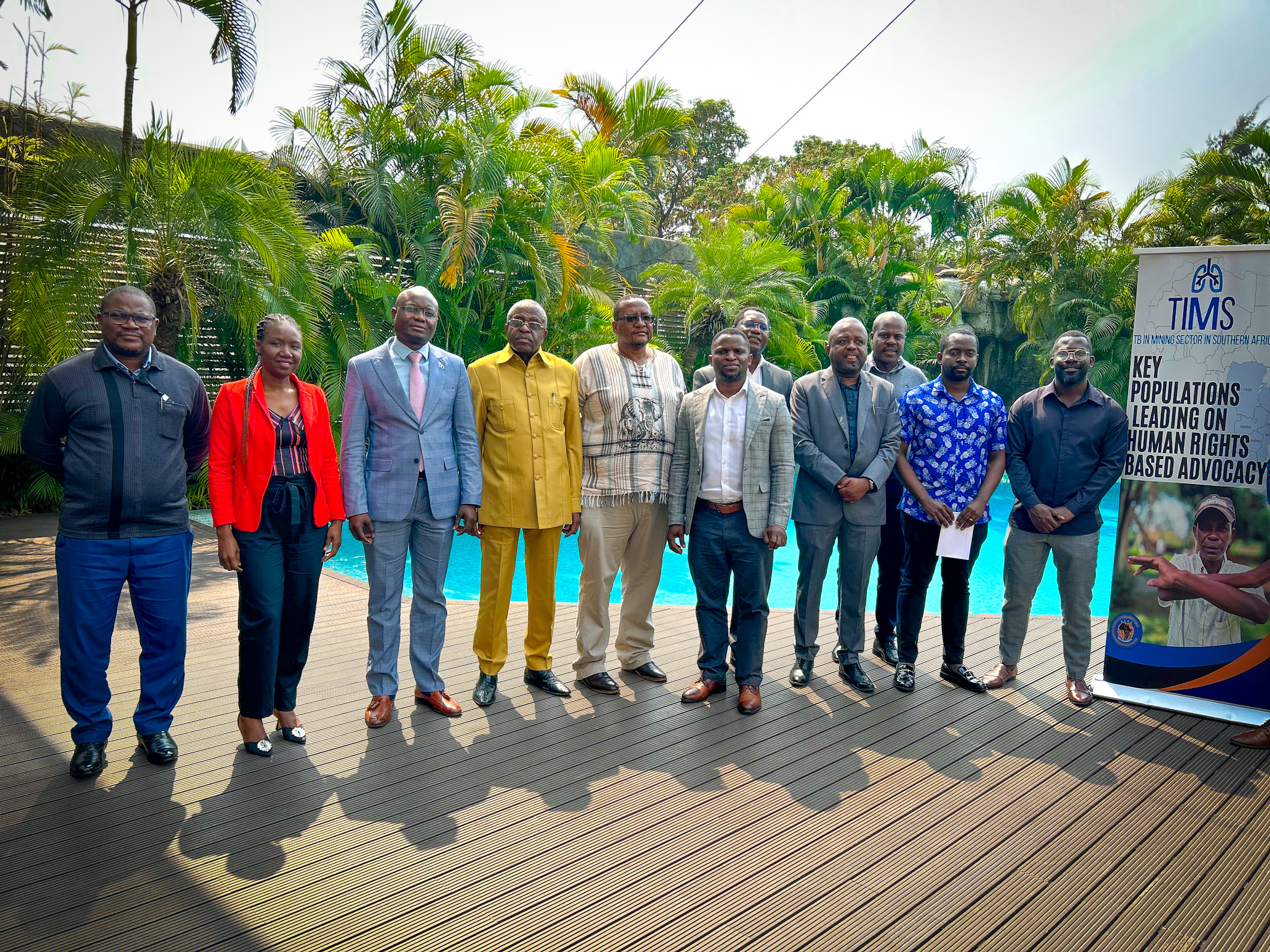In a significant advance towards enhancing Mine Health and Safety (MHS) standards across the Southern…
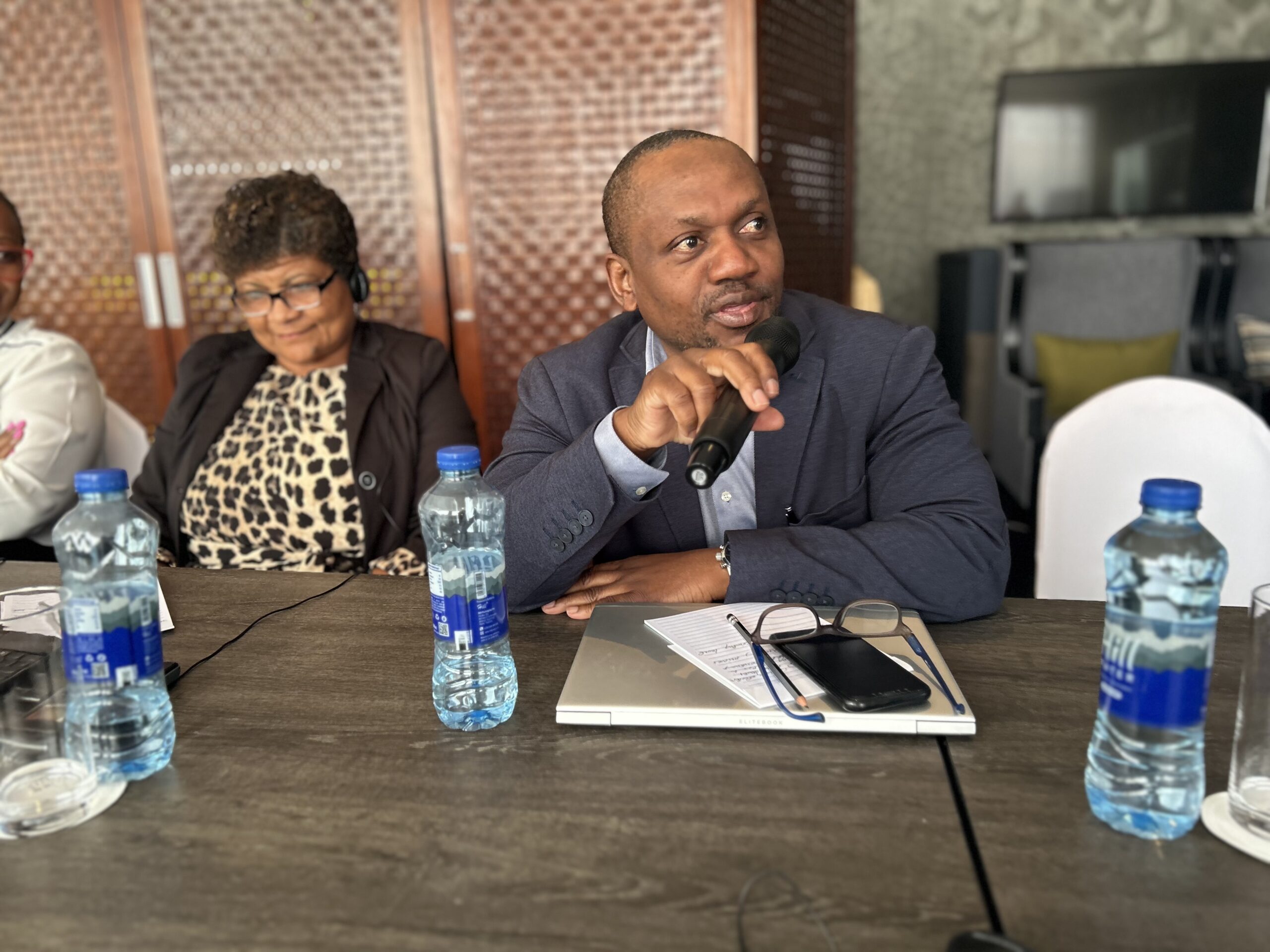
TIMS Project Validates and Adopts Four Key Mine Health and Safety SOPs
The East, Central and Southern Africa Health Community (ECSA-HC) recently conducted a highly successful workshop in Dar es Salaam, as part of the TB in the Mining Sector in Southern Africa (TIMS III) initiative. The workshop, which took place from 20th to 24th February 2023, brought together representatives from nine countries, including Angola, Botswana, Mozambique, Namibia, South Africa, Tanzania, Zambia and Zimbabwe, to validate and adopt four generic Mine Health and Safety Standard Operating Procedures (SOPs).
The development of the generic MHS SOPs was informed by a comprehensive literature review of the legal frameworks for each of the nine countries. The five-day workshop saw participants from the Ministry of Mines and/or Health in each country, as well as representatives from organizations such as the Southern African Miners Association (SAMA), SADC, SADC Women in Mining, and the Association of Small Scale Miners in Tanzania meeting and deliberating on the validation and adoption of the SOPs.
Through interactive and informative sessions, the consultant presented the four SOPs and led group discussions, followed by plenary sessions on each of the procedures. The four generic MHS SOPs that were validated and adopted unanimously include:
- Risk Management, Early Detection and Surveillance for Tuberculosis, HIV and Occupational Lung Diseases in Mining.
- Information, Education and Communication on Tuberculosis, HIV and Occupational Lung Diseases in Mining.
- Quality Management in the Prevention of Tuberculosis, HIV and Occupational Lung Diseases in Mining.
- Monitoring and Evaluation
The workshop concluded with group discussions and a plenary session, resulting in the creation of country-specific roadmaps for the implementation of the MHS SOPs. The validation and adoption of these procedures marks a significant step forward in the efforts to improve health and safety in the mining sector in Southern Africa.
